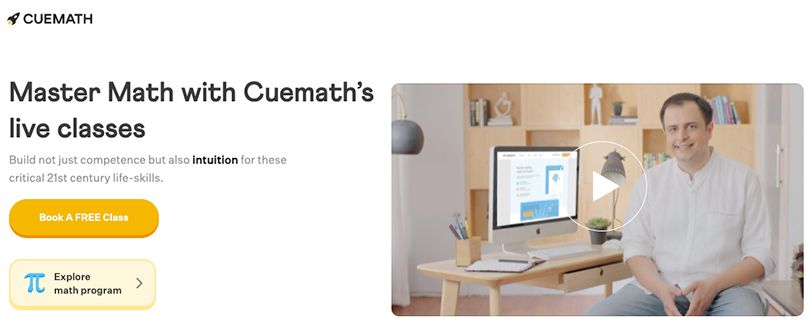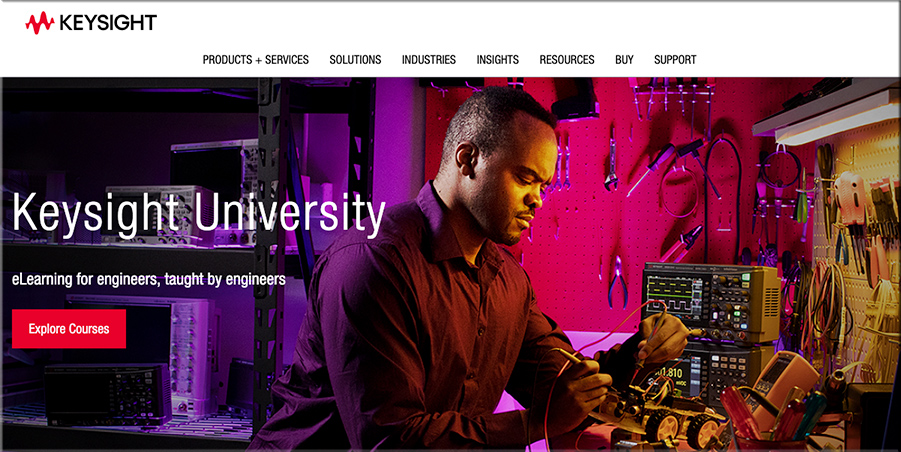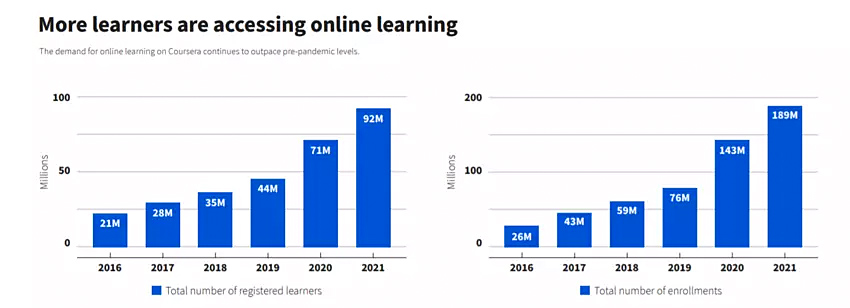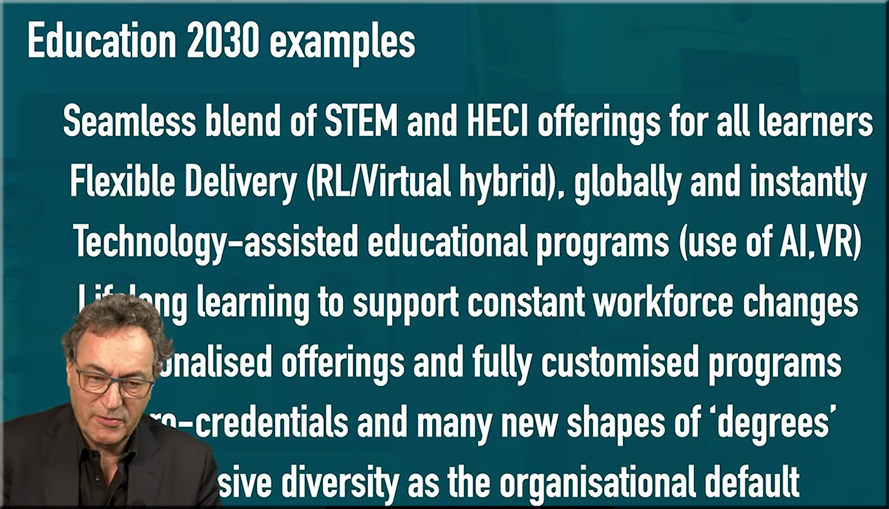Ontario Bar Association backs proposed guidelines for remote court hearings — from lawtimesnews.com by Katrina Eñano
Excerpt:
According to the OBA, resorting to remote hearings can promote efficiency and cost-effectiveness and ensure the appropriate allocation of judicial resources.
…
In addition, the OBA provided a list of matters that should presumptively proceed remotely. These matters include:
-
- Procedural matters, chambers appointments, and scheduling appearances;
- Pre-trials;
- Short motions or applications;
- Motions that do not require witness attendance and are comprised of argument by counsel only;
- Summary trials.
Also relevant/see:
Lawyers increasingly concerned about interplay between virtual and in-person court operations — from lawtimesnews.com by Annabel Oromoni
Excerpt:
As civil proceedings prepare to return to in-person hearings for discoveries, mandatory mediations, and trials, litigation lawyer Eric Sherkin says lawyers are wondering about the interplay of online and in-person arguments.
Certain hearings like pre-trials and case conferences will remain remote but how it works in practice beyond that is still unknown, Sherkin says.
All parties can agree to a virtual hearing, but “how often will all counsel say, ‘let’s agree to do this on Zoom,’ or will there be fights where five lawyers want to proceed on Zoom, and one insists on doing it in person?”














